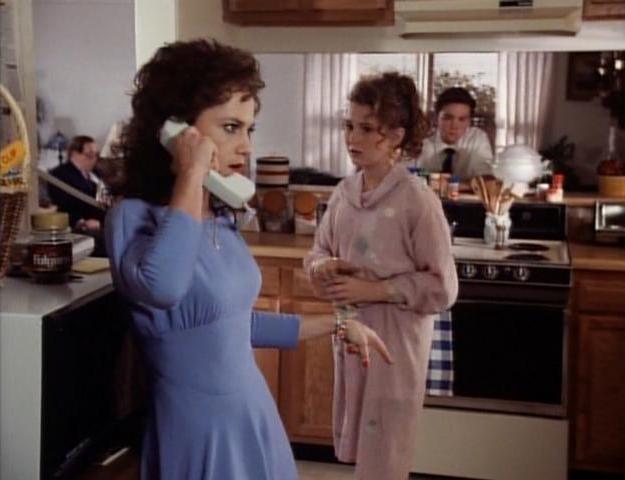| Emmy Award Nominations and Winners: |
| Best Made-for-Television Movie |
| Best Director (TV Movie/Miniseries) |
| ★ | Best Actress (TV Movie/Miniseries): Holly Hunter |
| ★ | Best Supporting Actor (TV Movie/Miniseries): Beau Bridges |
| ★ | Best Screenplay (TV Movie/Miniseries): Jane Anderson |
| Best Sound Effects: Joseph Melody, et al. |
|
| Golden Globe Nominations and Winners: |
| Best Actress (TV Movie/Miniseries): Holly Hunter |
| ★ | Best Supporting Actor (Television): Beau Bridges |
|
| Other Awards: |
| Directors Guild of America: Best Director (TV Movie) |
| Writers Guild of America: Best Original Screenplay (TV Movie) |

